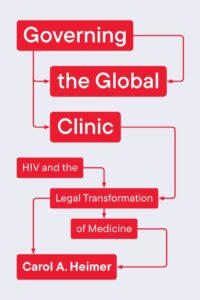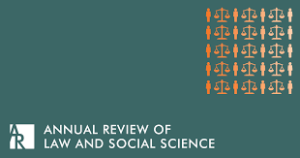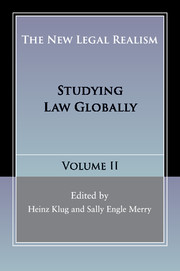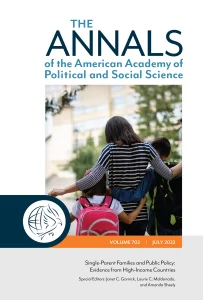The Legal Transformation of Medicine is a comparative study of the “legalization” and globalization of medicine at the advent of HIV/AIDS. As rule-based regulation increasingly supplanted relatively informal systems of regulation by professional peers in HIV/AIDS clinics across the United States, these new laws and regulations were subsequently transported throughout the world, as institutions either sought the legitimacy conferred by American medical science or had rules imposed on them by American funders and research organizations. While new laws and regulations were often created with good intentions, they also confronted the realities of medical care, clinical research, and healthcare administration in developing countries, such as Uganda, South Africa, and Thailand. Impacts included resource shortages, desperate patients, culturally based miscommunications about ethical principles, discrepancies between first-world research designs and third-world research settings, as well as the mundane uncertainties typical of the encounter between medicine and human biology.
Home > Research > Making and Implementing Law > The Legal Transformation of Medicine: How Rules Work in the International World of HIV/AIDS






